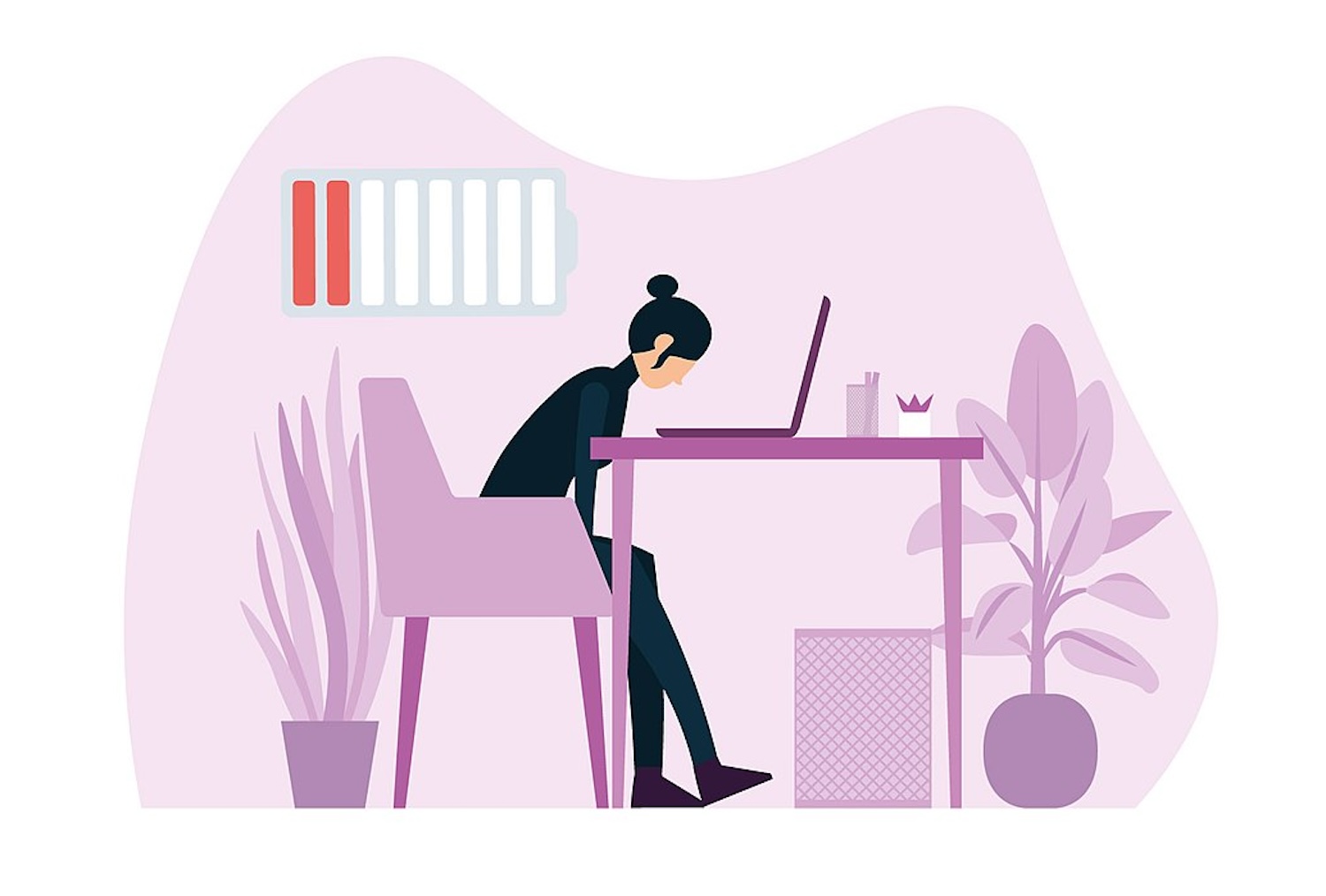
Many Generation Z first-jobbers are suffering from a common form of emotional crisis, which makes them feel mentally drained even before they start work each day, according to a mental health study by Chulalongkorn University.
Gen Z workers suffered burnout at work more than their older counterparts, while women and LGBT people, in particular, suffer more from burnout than their heterosexual male peers, said Jennifer Chavanovanich, associate dean of the Faculty of Psychology at the university.
She was speaking during a recent forum held by the National Health Commission and other public health organisations as part of the 16th National Health Assembly. This year’s theme is “Health Justice as Thailand’s Opportunities, Hope and Future”.
“[Employers who] focus solely on investment returns tend to ignore their workers’ health and well-being, a main factor in these workers’ high-stress levels,” Ms Jennifer said.
Supervisors were identified as the main sources of stress at work, she said, citing the study results, which were compiled by interviewing a sample of 1,000 young workers and analysing their responses.
The findings called into question whether these supervisors were supported to enhance their capacities to become good leaders before they became supervisors, she said.
While understanding and sympathy can make a person a good leader at work, the right to disconnect from work-related communication outside working hours makes young subordinates feel safe and relaxed during rest time, she said.
“They should be allowed to switch off their mind after work ends and be entitled to sufficient access to services which provide mental health support and promotion,” she said.
A third of Thai young people are prone to depression, said Kantaporn Kachonseree, co-founder and managing director of Mindventure, an education centre in Bangkok, citing findings from research published by the Department of Mental Health.
Mindventure runs various training programmes on young leadership and capacity building and arranges mental health support projects for young people.
“They might always put on a happy face, but when alone, they feel terribly lonely and have no one to talk to,” said Ms Kantaporn.
These young people normally try to cope with stress and loneliness by indulging in video games or playing on smartphones, and only smile when pretending to be happy, she added.


